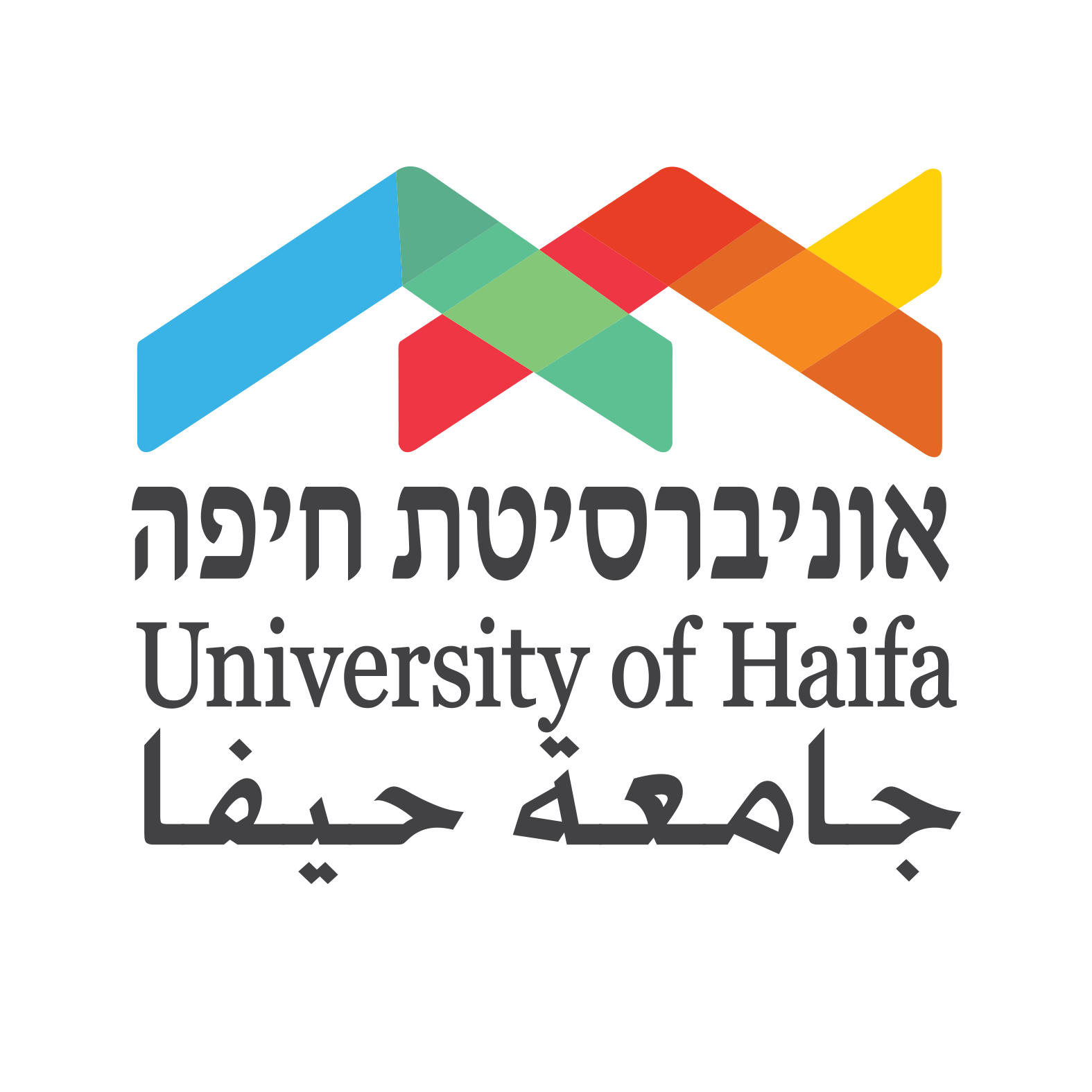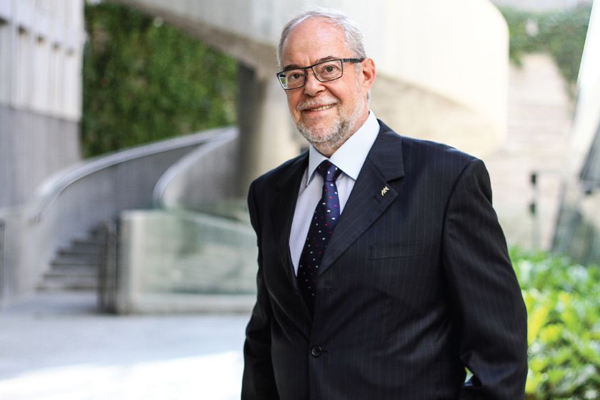Like our new President, Professor Gustavo Mesch started off his career at the University where the tradition of openness to cross-disciplinary exploration inspired his pioneering research.
Professor Gustavo Mesch is a pioneer in the field of sociological studies of the Internet, examining social effects of new media. After completing his BA and MA degrees at the University of Haifa, he went on to earn his PhD in Sociology at Ohio State University. He returned to the University of Haifa, and has taught here until now. Since 2013 he has served as the Dean of the Herta and Paul Amir Faculty of Social Sciences, which has grown into one of the largest faculties on campus.
"The University of Haifa is young in spirit – a place where traditional walls between departments and faculties were never fully erected."
– Prof. Gustavo Mesch
Why did you choose to study at the University of Haifa?
G.M. - The rumor at the time was that the University of Haifa had a strong social sciences faculty – which is still true to this day! Once I got here, I found a vibrant department with faculty and students from diverse backgrounds including Arab and Jewish Israelis, Americans and Russians and I felt that I had a place here, that I can fit into all this, being an immigrant myself from Argentina. The sense of openness to unconventional ideas and the unique cross-cultural backdrop convinced me to pursue my academic career here.
What makes this university attractive to young researchers?
B - The University of Haifa is first and foremost a research university that is young in spirit – a place where traditional walls between departments and faculties were never fully erected. This makes it much more conducive for interdisciplinary and cross-disciplinary studies, paving the way for the easy flow of informal exchanges. We are currently in the midst of a major recruiting effort to hire excellent faculty to expand and support research at the University in traditional as well as in newly emerging fields. I am particularly interested in implementing a system for the identification of talented students in earlier years of their undergraduate degree who would make excellent graduate candidates.
What are the priority issues you plan to address?
G.M. - I would like to put efforts in striking a balance between undergraduate and graduate education while promoting research-oriented (thesis) degrees. For this we must continue to invest in infrastructure as well as in building on our human capital. We must also leverage our strengths in the fields we excel in, like marine sciences, neurobiology, education, humanities, law and political science, and further explore collaborations with academic institutes in Israel and overseas.
New Year’s wish for students and staff?
G.M. - Halevai (Hebrew for “my greatest hope”) is a song composed by two popular Israeli musicians. The chorus “If only…” is a wish for peace and co-existence. I would like to wish faculty, students and staff health, happiness, peace and prosperity for the upcoming year. We have important challenges to face and together we will make the University of Haifa even better.


